new cutting edge starter teaching programme _____________________________ área de lenguas extranjeras inglés progra
New Cutting Edge
Starter
Teaching Programme
_____________________________
Área de Lenguas Extranjeras
Inglés
Programación de Cutting Edge Starter
====================================
Module 1: Nice to meet you
Aims
====
* To introduce oneself.
* To exchange personal information.
* To use greetings.
Contents
========
I. Communication skills
* Listening to questions requesting personal information.
* Greetings - saying hello and goodbye.
II. Language reflections
------------------------
A. Language and grammar functions
* To introduce yourself, saying your name.
* Personal pronouns and possessive adjectives: I/my, you/your, he/his,
she/her.
* Jobs + a/an.
B. Vocabulary
=============
* Jobs.
* The alphabet.
* How do you spell?
* Numbers 0-20.
* Classroom language.
C. Pronunciation
================
* Sentence stress.
* Word stress.
III. Sociocultural aspects
--------------------------
* To introduce yourself to the rest of the group.
* To show interest in meeting and getting to know new people.
* To show interest in learning a new language.
CROSS-CURRICULAR TOPICS
-----------------------
Moral and civic education
-------------------------
To respect others. Jobs, page 8.
Education for peace
To give importance to the English language as a mean of communication
with other people. Names and introductions, page 6.
Assessment
----------
I. Communication skills
* Students’ Book. Speaking task, page 10
II. Language reflections
* Students’ Book. Exercise 2, page 7
* Students’ Book. Exercise 9, page 9
* Students’ Book. Do you remember? 2, page 13
III. Sociocultural aspects
--------------------------
* Students’ Book. Speaking task, page 7
Module 2: Around the world
Aims
====
* To exchange information about your nationality.
* To talk about age.
* To fill in a form with your personal information.
Contents
========
I. Communication skills
* Listening for personal information.
* Listening to someone talk about her friends.
* Talking about your friends and asking questions about your partner’s
friends.
* Filling in a form.
* Phone numbers.
II. Language reflections
------------------------
A. Language and grammar functions
* Be with I, you, he, she and it.
B. Vocabulary
=============
* Countries and nationalities.
* Numbers 21-100.
C. Pronunciation
================
* Word stress.
* Contracted verb forms.
* Sentence stress.
* Sentence stress in questions.
III. Sociocultural aspects
--------------------------
* To show interest in getting to know people from other countries.
* To show interest in people of all ages.
CROSS-CURRICULAR TOPICS
-----------------------
Moral and civic education
To respect people of all ages. Ages, page 18.
Assessment
----------
I. Communication skills
* Students’ Book. Speaking task, page 19
II. Language reflections
* Students’ Book. Do you remember? 1, page 21
* Students’ Book. Exercise 1, page 16
* Students’ Book. Do you remember? 3, page 21
III. Sociocultural aspects
--------------------------
* Students’ Book. Exercise 5, page 15
Module 3: In a different country
Aims
====
* Ordering and paying for food and drinks in a café.
* Prices.
* To read about people in a foreign country.
Contents
========
I. Communication skills
* Reading an email and a postcard.
* Writing and acting out a conversation about a café menu.
II. Language reflections
------------------------
A. Language and grammar functions
=================================
* Be: plural forms.
* Plural nouns.
* Demonstratives: this/that/these/those.
B. Vocabulary
=============
* Places.
* Food and drinks.
* Common adjectives.
C. Pronunciation
================
* Plural nouns.
* Contracted verb forms.
III. Sociocultural aspects
--------------------------
* To show interest in getting to know people, places and things from
other countries.
* To show interest in food and drinks.
CROSS-CURRICULAR TOPICS
-----------------------
Moral and civic education
To respect different groups of people: family, friends and colleagues.
People in London, page 25.
Assessment
----------
I. Communication skills
* Students’ Book. Speaking task 1, page 29
II. Language reflections
* Students’ Book. Exercise 5, page 23
* Students’ Book. Do you remember? 1, page 29
* Students’ Book. Do you remember? 2, page 29
* Students’ Book. Do you remember? 3, page 29
* Students’ Book. Pronunciation 1, page 25
III. Sociocultural aspects
--------------------------
* Students’ Book. Exercise 1, page 26
Module 4: Around town
Aims
====
* To exchange information about places in town.
* To describe a place.
* To exchange information about the place where you live.
* To exchange information in the street.
Contents
========
I. Communication skills
* Describing a picture.
* Interviewing someone about the place where he/she lives.
* Exchanging information about places in the street.
* Describing where you live.
II. Language reflections
------------------------
A. Language and grammar functions
* There is/there are.
* A, some and any.
B. Vocabulary
=============
* Places in a town.
* Prepositions of place.
* Common adjectives.
C. Pronunciation
================
* there and three.
* Sentence stress.
III. Sociocultural aspects
--------------------------
* To show interest in knowing where people live in other countries.
CROSS-CURRICULAR TOPICS
-----------------------
Moral and civic education
To respect and cooperate when working in groups. Speaking task, page
33.
Assessment
----------
I. Communication skills
* Students’ Book. Speaking task 3, page 35
II. Language reflections
* Students’ Book. Do you remember? 1, page 37
* Students’ Book. Do you remember? 3, page 37
* Students’ Book. Do you remember? 5, page 37
III. Sociocultural aspects
--------------------------
* Students’ Book. My hometown Kingston, page 34
Module 5: Home, work and family
Aims
====
* To exchange information about your family.
* To complete a form.
* To buy things in a shop.
Contents
========
I. Communication skills
* Writing and talking about your family.
* Writing about yourself.
* Buying things in shops.
* Completing a form.
II. Language reflections
------------------------
A. Language and grammar functions
* Present Simple with I and you.
* Possessive ’s.
B. Vocabulary
=============
* Family members.
* Personal possessions.
C. Pronunciation
================
* Possessive ’s.
* Sentence stress.
III. Sociocultural aspects
--------------------------
* To show interest in getting to know different families and the
different ways of living. To talk about their own family.
CROSS-CURRICULAR TOPICS
-----------------------
Consumer’s education
To show interest in knowing what market research is. Phillip and Jones
Market Research, page 46
To learn how to be a responsible consumer. In a shop, page 46.
Assessment
----------
I. Communication skills
* Students’ Book. Do you remember? 4, page 47
II. Language reflections
* Students’ Book. Exercise 6, page 41
* Students’ Book. Exercise 5, page 45
III. Sociocultural aspects
--------------------------
* Students’ Book. Writing task, page 43
Module 6: We both like …
Aims
====
* To exchange information about likes and dislikes.
* To tell the time.
Contents
========
I. Communication skills
* Asking and talking about likes and dislikes of the class.
* Telling the time.
II. Language reflections
------------------------
A. Language and grammar functions
* Present Simple with he, she and it.
* Object pronouns.
B. Vocabulary
=============
* Likes and dislikes.
* Free time activities.
C. Pronunciation
================
* Present Simple verb forms.
III. Sociocultural aspects
--------------------------
* To compare business hours in English speaking countries to the
students’ country.
CROSS-CURRICULAR TOPICS
-----------------------
Moral and civic education
To show interest in and to respect other people’s likes and dislikes.
Speaking task, page 54
Assessment
----------
I. Communication skills
* Students’ Book. Exercise 4, page 53
* Students’ Book. Exercise 4, page 55
II. Language reflections
* Students’ Book. Do you remember? 1, page 55
* Students’ Book. Do you remember? 2, page 55
* Students’ Book. Do you remember? 3, page 55
* Students’ Book. Exercise 4, page 49
III. Sociocultural aspects
--------------------------
* Students’ Book. Exercise 3, page 54
Module 7: Your time
Aims
====
* To exchange information about your daily routine.
* To tell the time.
* To exchange information about TV.
Contents
========
I. Communication skills
* Writing and talking about your daily routine.
* Writing about your daily routine and free time.
* Telling the time.
* Talking about TV programmes.
II. Language reflections
------------------------
A. Language and grammar functions
* Present Simple with adverbs of frequency.
B. Vocabulary
=============
* Daily routines.
* Time expressions.
* Days of the week.
C. Pronunciation
================
* Word stress.
* Days of the week.
III. Sociocultural aspects
--------------------------
* To show interest in different habits in other countries.
CROSS-CURRICULAR TOPICS
-----------------------
Education for peace
To show interest in jobs with unusual working hours. Reading, page 57.
Consumer’s education
To show interest in TV; to have a critical attitude towards TV
programmes. Exercises 3 and 4, page 62-63.
Assessment
----------
I. Communication skills
* Students’ Book. Exercise 7, page 61
II. Language reflections
* Students’ Book. Do you remember? 1, page 63
* Students’ Book. Do you remember? 2, page 63
* Students’ Book. Do you remember? 3, page 63
III. Sociocultural aspects
--------------------------
* Students’ Book. In my country …, page 59
Module 8: People are amazing
Aims
====
* To exchange information about what you can and can’t do.
* To make and answer wh- questions.
Contents
========
I. Communication skills
* Listening what other people can and can’t do.
* Comparing things you and your partner can and can’t do.
II. Language reflections
------------------------
A. Language and grammar functions
* Can and can’t for ability.
* Wh- questions.
B. Vocabulary
=============
* Parts of the body.
* Quantities.
C. Pronunciation
================
* Can and can’t.
* Word stress: quantities.
* Sentence stress: wh- questions.
III. Sociocultural aspects
--------------------------
* To show interest in the life of an astronaut.
CROSS-CURRICULAR TOPICS
-----------------------
Moral and civic education
To show interest and be aware of what children of different ages are
able to do. Exercise 3, page 65
Assessment
----------
I. Communication skills
* Students’ Book. Speaking task, page 65
II. Language reflections
* Students’ Book. Do you remember? 2, page 71
* Students’ Book. Do you remember? 3, page 71
* Students’ Book. Do you remember? 4, page 71
* Students’ Book. Exercise 1, page 70
* Students’ Book. Pronunciation, page 67
III. Sociocultural aspects
--------------------------
* Students’ Book. Exercise 2, page 68
Module 9: Now and then
Aims
====
* To exchange information about life in the past.
* To exchange information about years and ages.
Contents
========
I. Communication skills
* Writing and talking about your childhood.
* Reading and listening about facts in the 1900s.
* Using years and ages.
II. Language reflections
------------------------
A. Language and grammar functions
* Past Simple of be.
B. Vocabulary
=============
* Common adjectives.
C. Pronunciation
================
* Was/wasn’t and were/weren’t.
III. Sociocultural aspects
--------------------------
* To show interest in how life used to be in the past.
CROSS-CURRICULAR TOPICS
-----------------------
Moral and civic education
To show interest in and to respect elderly people. Born in 1900, page
78
Assessment
----------
I. Communication skills
* Students’ Book. Speaking task, page 79
* Students’ Book. Do you remember? 4, page 81
II. Language reflections
* Students’ Book. Do you remember? 1, page 81
* Students’ Book. Do you remember? 2, page 81
* Students’ Book. Do you remember? 3, page 81
III. Sociocultural aspects
--------------------------
* Students’ Book. Exercises 2 and 3, page 76
Module 10: Creative people
Aims
====
* To exchange information about life events in the past.
* To exchange information about months and dates.
Contents
========
I. Communication skills
* Producing a time line of your life.
* Talking about your life events.
* Using months and dates.
II. Language reflections
------------------------
A. Language and grammar functions
* Past Simple of regular and some common irregular ones (affirmative
sentences).
B. Vocabulary
=============
* Life events.
* Dates.
C. Pronunciation
================
* Regular and irregular past verb forms.
* Word stress: months.
III. Sociocultural aspects
--------------------------
* To show interest in learning the British culture through the legend
of King Arthur and compare it to other legends in their own country.
CROSS-CURRICULAR TOPICS
-----------------------
Education for peace
To show interest in different celebrations around the world and
compare them to the ones in their own country. Months and dates, page
88.
Assessment
----------
I. Communication skills
* Students’ Book. Speaking task, page 85
* Students’ Book. Exercise 3, page 88
II. Language reflections
* Students’ Book. Do you remember? 3, page 89
* Students’ Book. Exercise 5, page 85
* Students’ Book. Pronunciation 1, page 85
III. Sociocultural aspects
--------------------------
* Students’ Book. The legend of King Arthur, page 86
Module 11: Going away
Aims
====
* To exchange information about travelling in the past.
* Buying a train ticket.
Contents
========
I. Communication skills
* Writing and asking Past Simple questions.
II. Language reflections
------------------------
A. Language and grammar functions
* Past Simple negative.
* Past Simple questions (yes/no questions and wh- questions).
* And and but.
B. Vocabulary
=============
* Holiday expressions.
* Irregular verbs.
III. Sociocultural aspects
--------------------------
* To show interest in tourism and other activities when visiting a
foreign country.
CROSS-CURRICULAR TOPICS
-----------------------
Education for peace
To show interest in learning about a two-year journey. The family who
sailed around the world, page 94.
Assessment
----------
I. Communication skills
* Students’ Book. Speaking task, page 93
II. Language reflections
* Students’ Book. Do you remember? 1, page 97
* Students’ Book. Do you remember? 2, page 97
* Students’ Book. Do you remember? 3, page 97
* Students’ Book. Do you remember? 4, page 97
III. Sociocultural aspects
--------------------------
* Students’ Book. Holidays, page 90
Module 12: Spending money
Aims
====
* To exchange information about plans for the weekend.
* To exchange information about shopping and things you buy.
* To whish people all the best for the future.
Contents
========
I. Communication skills
* Reading a website.
* Writing, asking and answering questions about next weekend and
reporting back to the class.
* Writing sentences about things you want/don’t want to do.
* Best wishes for the future.
II. Language reflections
------------------------
A. Language and grammar functions
* Want to.
* Going to future.
B. Vocabulary
=============
* Things you buy.
* Colours and sizes.
C. Pronunciation
================
* Sentence stress.
* Weak form of to.
III. Sociocultural aspects
--------------------------
* To show interest in people’s plans for the future and wishing them
all the best.
CROSS-CURRICULAR TOPICS
-----------------------
Consumer’s education
To show a critical attitude towards advertising. Advertising, pages
98-99.
Assessment
----------
I. Communication skills
* Students’ Book. Speaking task, page 103
II. Language reflections
* Students’ Book. Do you remember? 1, page 105
* Students’ Book. Do you remember? 2, page 105
* Students’ Book. Do you remember? 3, page 105
III. Sociocultural aspects
--------------------------
* Students’ Book. Exercise 4, page 105
13
Teaching Programme – New Cutting Edge Starter
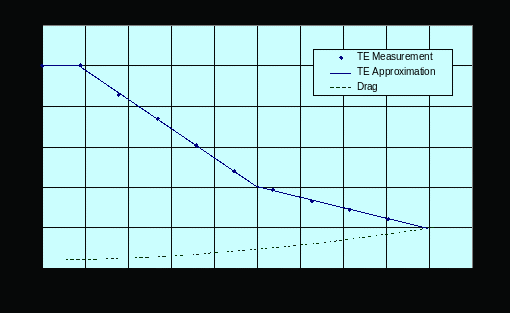 TRANSPORT RAILWAYS TRACTIVE EFFORT ACCELERATION AND BRAKING T
TRANSPORT RAILWAYS TRACTIVE EFFORT ACCELERATION AND BRAKING T  REGLAMENTO III VOLTA A PEU RUNNERS CIUTAT DE VALÈNCIA
REGLAMENTO III VOLTA A PEU RUNNERS CIUTAT DE VALÈNCIA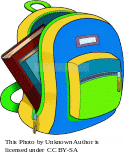 DEAR PARENTS AUGUST 30 2021 MY NAME IS MRS
DEAR PARENTS AUGUST 30 2021 MY NAME IS MRS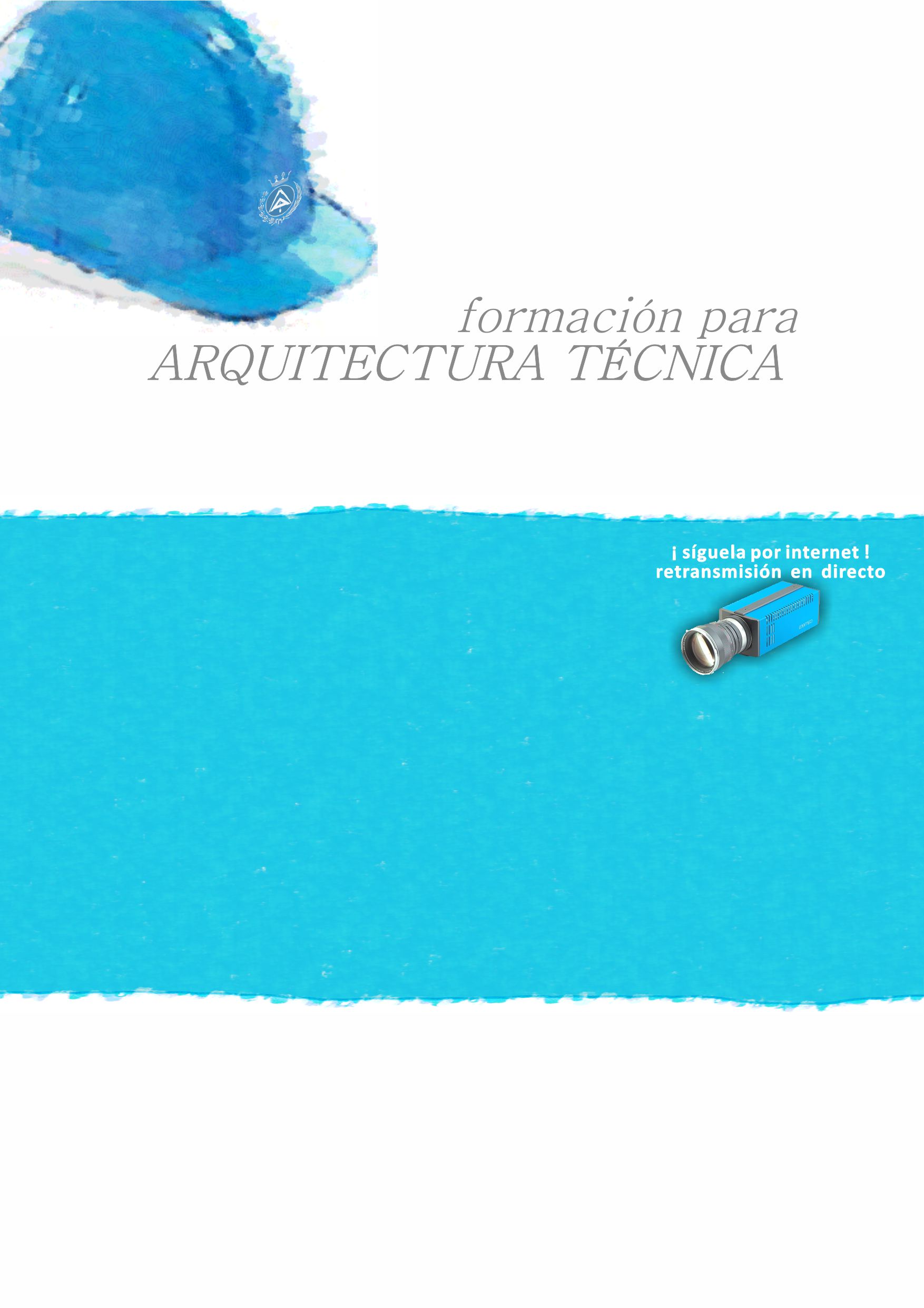 CURSO SOLUCIONES CONSTRUCTIVAS EN ESTRUCTURAS DE MADERA PONENTE D
CURSO SOLUCIONES CONSTRUCTIVAS EN ESTRUCTURAS DE MADERA PONENTE D SOP REFERENCE BCNTBGOV003 STANDARD OPERATING PROCEDURE FOR COST RECOVERY
SOP REFERENCE BCNTBGOV003 STANDARD OPERATING PROCEDURE FOR COST RECOVERY DOCENTE SIDSNEY JOHANA PULIDO MIRA NOMBRE DEL ESTUDIANTE
DOCENTE SIDSNEY JOHANA PULIDO MIRA NOMBRE DEL ESTUDIANTE  PROCEDURE FOR UTILSIGTEDE HÆNDELSER FOR VORDINGBORG KOMMUNE MÅLGRUPPE MEDARBEJDERE
PROCEDURE FOR UTILSIGTEDE HÆNDELSER FOR VORDINGBORG KOMMUNE MÅLGRUPPE MEDARBEJDERE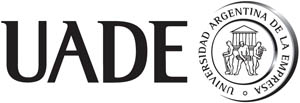 PREMIO PLAN DE NEGOCIO 2006 FORMULARIO PLAN DE NEGOCIO
PREMIO PLAN DE NEGOCIO 2006 FORMULARIO PLAN DE NEGOCIO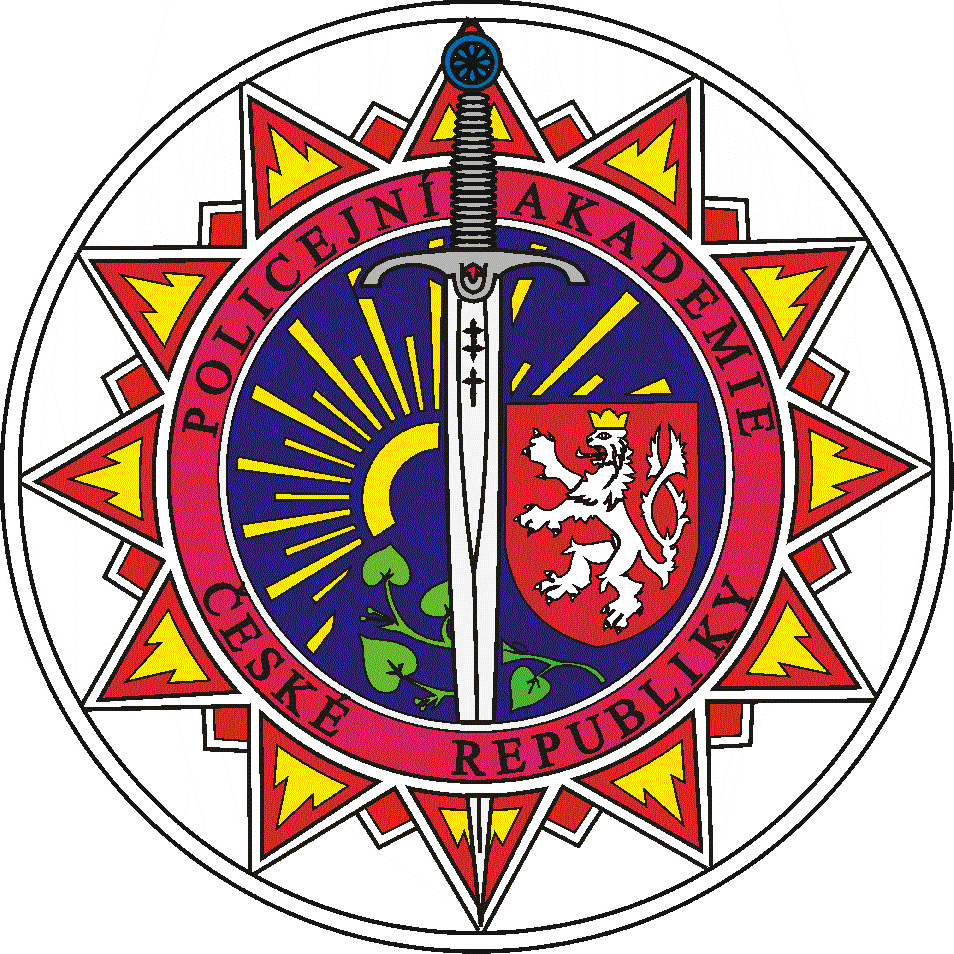 P OLICEJNÍ AKADEMIE ČESKÉ REPUBLIKY V PRAZE FAKULTA BEZPEČNOSTNĚ
P OLICEJNÍ AKADEMIE ČESKÉ REPUBLIKY V PRAZE FAKULTA BEZPEČNOSTNĚ 3 ACPWGWWP INTERNATIONAL CIVIL AVIATION ORGANIZATION WORKING PAPER ACPWGWFIP14
3 ACPWGWWP INTERNATIONAL CIVIL AVIATION ORGANIZATION WORKING PAPER ACPWGWFIP14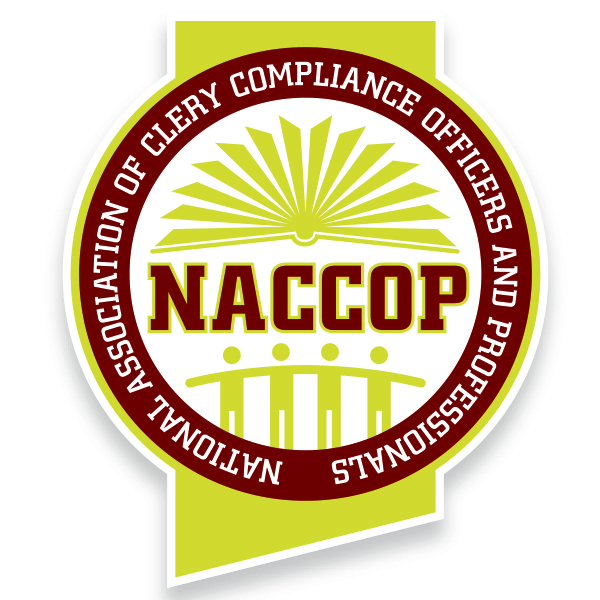 179 REHOBOTH AVENUE 1131 REHOBOTH BEACH DE 19971 PHONE
179 REHOBOTH AVENUE 1131 REHOBOTH BEACH DE 19971 PHONE FORM PEN 3 LOCAL GOVERNMENT PENSION SCHEME ELECTION TO
FORM PEN 3 LOCAL GOVERNMENT PENSION SCHEME ELECTION TO